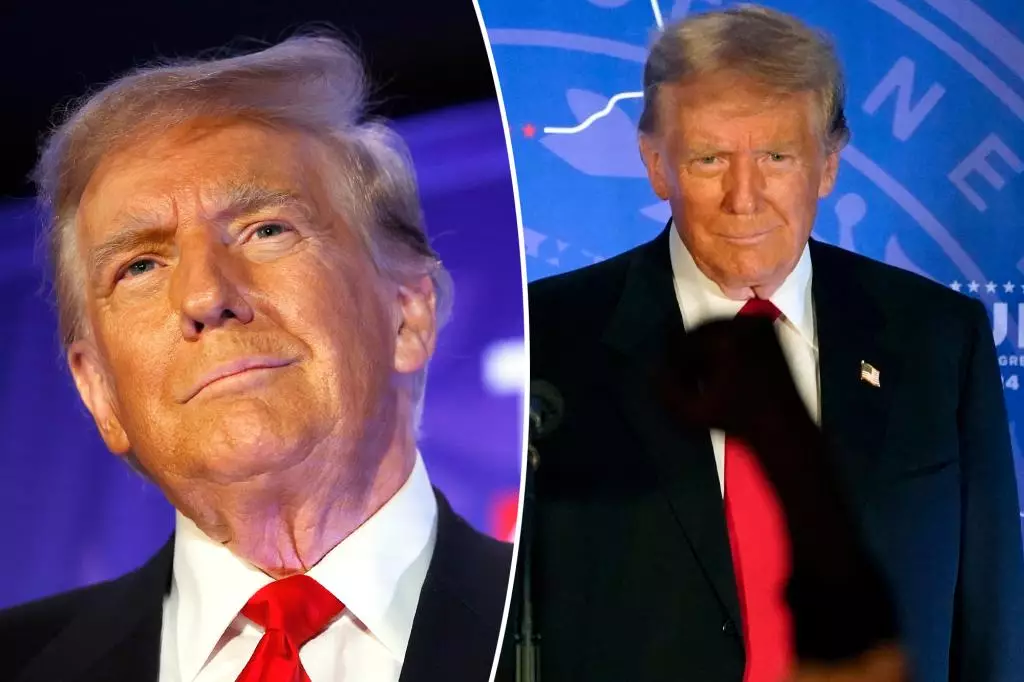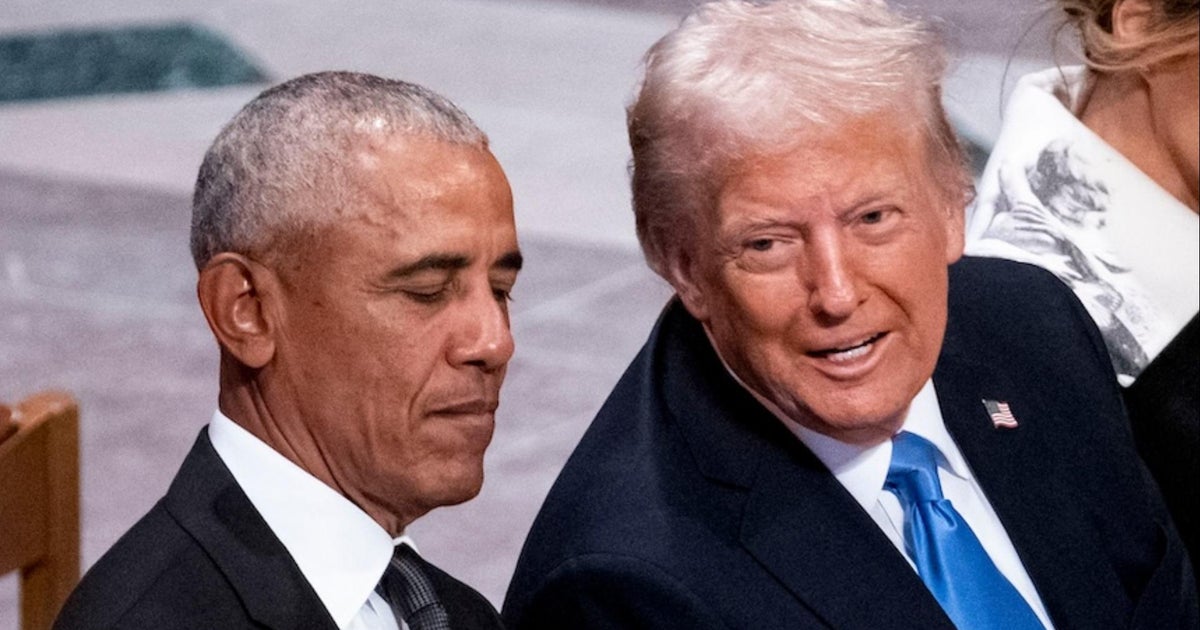
The “Madly Cheerful” Politics: Analyzing Trump’s Enduring Optimism
In the often-turbulent world of politics, Donald Trump’s demeanor has been a consistent, and at times, perplexing, element. While opponents might label it as anything from delusion to bravado, a closer examination reveals a pattern of unwavering optimism that has become a cornerstone of his political brand. This “madly cheerful” outlook, as some might describe it, has not only defined his communication style but has also, according to recent psychological studies, been a significant predictor of his political success.
Decoding the Trumpian Optimism: More Than Just a Catchphrase
From the outset of his political career, Trump projected an image of unshakeable confidence. His rallies were not characterized by sober policy discussions but by an infectious, almost defiant, cheerfulness, even when discussing challenging issues. This wasn’t just about feeling good; it was about projecting a narrative of inevitable victory and progress.
- The “Make America Great Again” Promise: At its core, this slogan is a powerful appeal to optimism, suggesting a golden past that can be recaptured. It taps into a desire for a return to perceived prosperity and strength, fueling a sense of hope.
- Addressing Negative Events with a Positive Spin: What sets Trump’s optimism apart is his apparent ability to reframe even negative events or criticisms with an upbeat perspective. This approach, as highlighted by recent research, has been a surprisingly accurate indicator of his electoral performance. Psychologists have noted how he and other political figures explain negative events, and found a strong correlation between his optimistic framing and his victories.
The Psychological Impact: Why “Madly Cheerful” Resonates
Why does this persistent optimism, sometimes bordering on what critics perceive as unrealistic, strike a chord with a significant portion of the electorate?
- A Counterbalance to Negative News Cycles: In an era saturated with doom-and-gloom reporting, Trump’s cheerful disposition offers a stark contrast. It can feel like a breath of fresh air, a rejection of pervasive pessimism.
- Projecting Strength and Resilience: Optimism can be interpreted as a sign of strength and resilience. For voters seeking a leader who appears unfazed by challenges, Trump’s unwavering positive outlook can be a powerful draw.
- The “Rosy Outlook” Effect: Studies, like those suggesting Trump’s victory could be predicted by his optimism, point to a broader psychological phenomenon. When individuals, especially leaders, project a positive outlook, it can influence the perceptions of those around them, creating a ripple effect of optimism. This is particularly potent in the political arena, where confidence can be contagious.
The Duality of Optimism: Success and Scrutiny
While Trump’s optimism has undoubtedly been a strategic asset, it also invites scrutiny and criticism.
- The “Fact-Checking” Challenge: A leader’s optimistic pronouncements often require careful examination. When optimistic claims about economic growth or policy successes are not fully supported by data, they can lead to accusations of misleading the public. For instance, post-election news conferences have seen his claims fact-checked against realities concerning small businesses, the federal budget, and other metrics.
- Potential Disconnect from Reality: Critics argue that an overly optimistic stance can sometimes create a disconnect from pressing problems or the lived experiences of certain segments of the population. When faced with complex challenges, a purely cheerful response might be perceived as dismissive or lacking in depth.
- The “Trumpification” of Discourse: The unique style of political discourse, influenced by Trump’s approach, extends beyond his immediate pronouncements. The way information is presented, the focus on winning, and the amplification of positive narratives can be seen as a broader “Trumpification” of how political ideas are communicated, even influencing areas like the development of AI, where the emphasis might be on optimistic outcomes rather than potential pitfalls.
Navigating the Optimism Landscape: Lessons for Leaders and Voters
Understanding Trump’s “madly cheerful” politics offers valuable insights for both political leaders and the electorate.
-
For Leaders:
- Authenticity is Key: While optimism can be a powerful tool, it needs to be grounded in reality. Leaders who can balance a positive vision with honest assessments of challenges are often more effective.
- Strategic Communication: Learning how to frame messages positively without resorting to hyperbole or misinformation is a crucial skill.
- Building Trust: Genuine optimism, backed by consistent action, can build deep trust with constituents.
-
For Voters:
- Critical Consumption: It’s important to critically evaluate the optimism presented by any political figure. Ask yourselves: What data supports these cheerful claims? What are the potential downsides being overlooked?
- Beyond the Vibe: While a leader’s demeanor is important, it shouldn’t overshadow substantive policy discussions and a realistic understanding of the issues.
- Recognizing the Nuance: Optimism itself isn’t inherently good or bad. Its effectiveness and impact depend on its context, its grounding in reality, and how it’s communicated.
Donald Trump’s “madly cheerful” politics is more than just a personality quirk; it’s a deliberate and, for many, effective strategy. By projecting an image of unwavering optimism, he has tapped into a deep-seated desire for hope and progress. As the political landscape continues to evolve, understanding the power and potential pitfalls of this particular brand of political cheerfulness remains crucial for navigating the complexities of modern governance and public discourse.

Additional Information
The “Madly Cheerful” Politics: Analyzing Trump’s Persistent Optimism
Donald Trump’s political persona is undeniably characterized by a persistent, almost unwavering, optimism, a trait that has not only defined his campaigns but also, as recent research suggests, may have even served as a predictive factor in his electoral success. While critics often label this as “madly cheerful” or a disconnect from reality, a deeper analysis reveals a strategic deployment of positive framing that resonates with a significant portion of the electorate. This analysis will explore the multifaceted nature of Trump’s optimism, its perceived impact on political forecasting, and the broader implications for political discourse, including the role of satire and the potential for misinformation.
Optimism as a Predictive Tool: The Psychologist’s Perspective
Intriguing new research, as highlighted by the MSN and meaww.com articles, suggests a fascinating correlation between Trump’s optimistic framing of negative events and his electoral victories. Psychologists from the University of Pennsylvania reportedly predicted Trump’s 2024 presidential victory not through traditional polling or punditry, but by analyzing the degree of optimism with which he and his opponent explained unfavorable circumstances during the campaign. This approach, focusing on linguistic and psychological cues, offers a novel lens through which to understand political appeal.
The underlying theory likely posits that individuals who consistently project confidence and a positive outlook, even in the face of challenges, can project an image of strength and competence. This can be particularly appealing to voters who feel disillusioned with the status quo or who are seeking a leader who appears unfazed by adversity. Trump’s ability to reframe setbacks as minor inconveniences or even as opportunities, while simultaneously highlighting perceived successes, appears to have tapped into a fundamental psychological need for reassurance and a belief in a brighter future.
The “Make America Great Again” Narrative: A Foundation of Optimism
At the core of Trump’s political appeal is the overarching narrative of “Make America Great Again.” This slogan itself is an embodiment of optimism – a belief that a better past can be recaptured and that a glorious future is attainable. His speeches and public appearances are often replete with declarations of success, promises of future prosperity, and a general dismissal of problems as easily solvable.
This unyielding optimism can be seen as a deliberate strategy to counter negative news cycles and criticism. While news outlets and fact-checkers, as evidenced by the New York Times article on his post-election press conference, often highlight inaccuracies in his claims, the sheer volume and consistent delivery of positive rhetoric can overshadow or neutralize these critiques for his supporters. The “madly cheerful” descriptor, therefore, might be a shorthand for a communication style that prioritizes aspirational messaging and a belief in inherent American exceptionalism, even when factual evidence might suggest otherwise.
Economic Optimism and Political Standing
The Newsmax article further underscores the impact of economic optimism on Trump’s political standing. A surge in economic optimism, attributed to his policies, reportedly provided a critical boost, even as voters expressed concerns about other aspects of his agenda. This demonstrates how a strong, positive economic outlook, communicated with confidence, can be a powerful driver of political support. For many voters, their personal financial well-being and their perception of the nation’s economic health are paramount. Trump’s ability to consistently project optimism about the economy, regardless of the underlying data’s complexity, likely resonates deeply with this segment of the electorate.
The Double-Edged Sword: Optimism, Satire, and Disinformation
However, this relentless optimism is not without its complexities and potential pitfalls. As the Archynewsy article “Trump’s War on Comedians: A Critical Analysis” suggests, Trump’s presidency significantly altered the landscape of political satire. His disdain for criticism and his tendency to target comedians who lampooned him point to a potential discomfort with dissent that challenges his optimistic narrative. This dynamic raises questions about the role of humor and satire in holding power accountable, and whether an overly optimistic leader might be more resistant to such scrutiny.
Furthermore, the very nature of Trump’s optimistic pronouncements can blur the lines between genuine hope and the potential for disinformation. When optimistic claims are not grounded in verifiable facts, they can contribute to a distorted perception of reality. The “Trumpification of AI,” as discussed in the Mother Jones article, hints at the future challenges of discerning truth from strategically crafted narratives, especially when those narratives are designed to be relentlessly positive and persuasive.
Conclusion: A Strategic Force in Modern Politics
Donald Trump’s “madly cheerful” politics is far more than a simple expression of personality; it is a strategic and potent force in modern political communication. Recent research suggests it may even be a predictive indicator of electoral success, highlighting the psychological impact of sustained optimism. By framing challenges as opportunities and consistently projecting confidence in a brighter future, Trump has tapped into a deep-seated desire for reassurance and strong leadership.
While this approach can galvanize support and foster economic optimism, it also raises crucial questions about the role of truth in political discourse, the impact on satire, and the potential for optimistic narratives to mask underlying realities. As political forecasting increasingly looks to psychological indicators, understanding the mechanics and consequences of Trump’s enduring optimism remains vital for comprehending the dynamics of contemporary politics and the evolving relationship between leaders, their messages, and the electorate. The ability to maintain a positive outlook, even in the face of adversity, has proven to be a powerful, albeit complex, tool in the political arena.






Leave a Reply